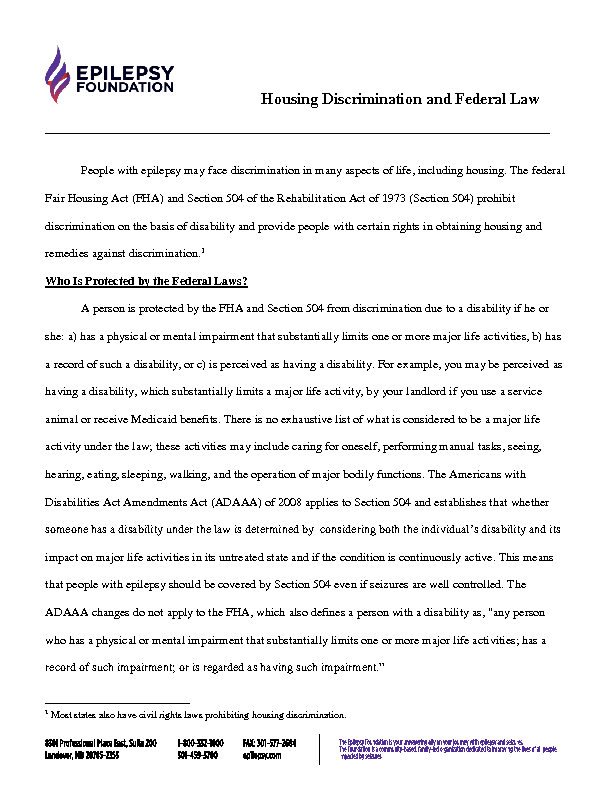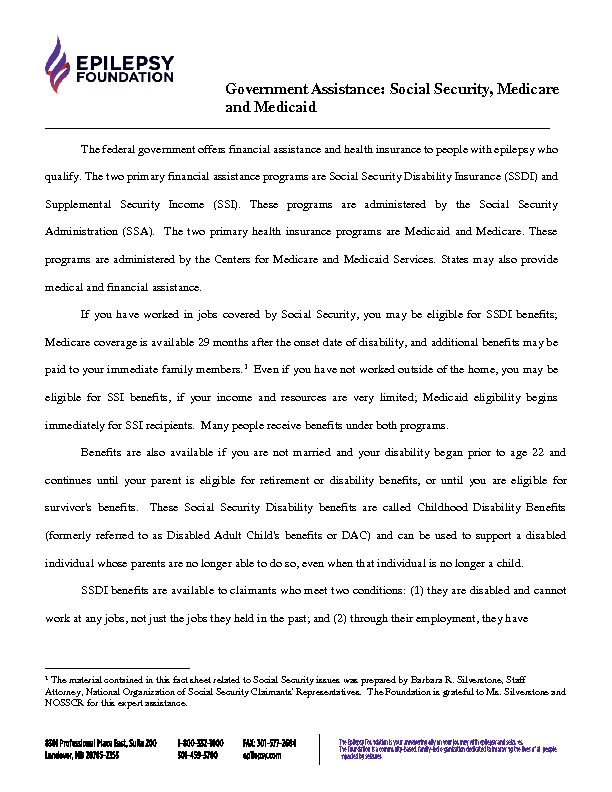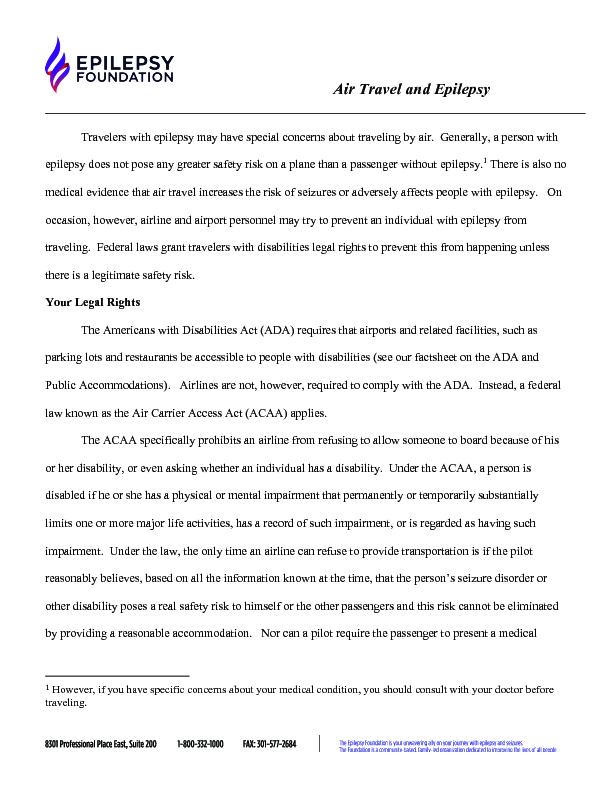Epilepsy and Legal Rights

Photo courtesy of Jack Hartman Photography, 2013
Your Legal Rights
Are you wondering?
- Do I have to disclose epilepsy during my job interview?
- What is a reasonable accommodation?
- What are my child’s legal rights in schools and child care?
- What if I’m arrested for seizure-related behavior?
The Legal Defense Fund has prepared a series of fact sheets and advocacy materials to educate the public about the legal rights of people with epilepsy.
If you are facing discrimination because of epilepsy, or helping someone who is, use the fact sheet(s) as an advocacy tool. Share them with employers, employees, educators, healthcare professionals, or advocates – anyone who can help end discrimination for people with epilepsy.
ADA Amendments Act
Learn about ADA ammendments.
Employment
Learn about reasonable accommodations in the work place, the Family Medical Leave Act, and guidance for specific types of employment.
Education
Learn about legal rights of children with epilepsy and rights of children with epilepsy in schools and daycare.
Criminal Justice

Learn what to do if seizure behaviors are mistaken for criminal behaviors and rights of inmates with epilepsy.
Family Law
Learn about the rights of parents with epilepsy. Learn about the rights of parents with epilepsy.
Housing
Learn about federal housing laws and advocacy strategies.
Federal Benefits
Learn about federal benefits and programs.
Insurance
Learn about basic health insurance concerns.
Health Insurance: Where to Find Health Insurance and How to Pay for It
Public Accommodations
Learn about your rights and access to places of public accommodations.
Government Programs
Learn protections against discriminations by government programs.
Air Travel
Learn about your rights related to air travel within the U.S. and internationally and find tips for traveling safely.
Resources
Epilepsy Centers
Epilepsy centers provide you with a team of specialists to help you diagnose your epilepsy and explore treatment options.
Epilepsy Medication
Find in-depth information on anti-seizure medications so you know what to ask your doctor.
Epilepsy and Seizures 24/7 Helpline
Call our Epilepsy and Seizures 24/7 Helpline and talk with an epilepsy information specialist or submit a question online.
Tools & Resources
Get information, tips, and more to help you manage your epilepsy.

















